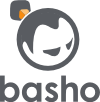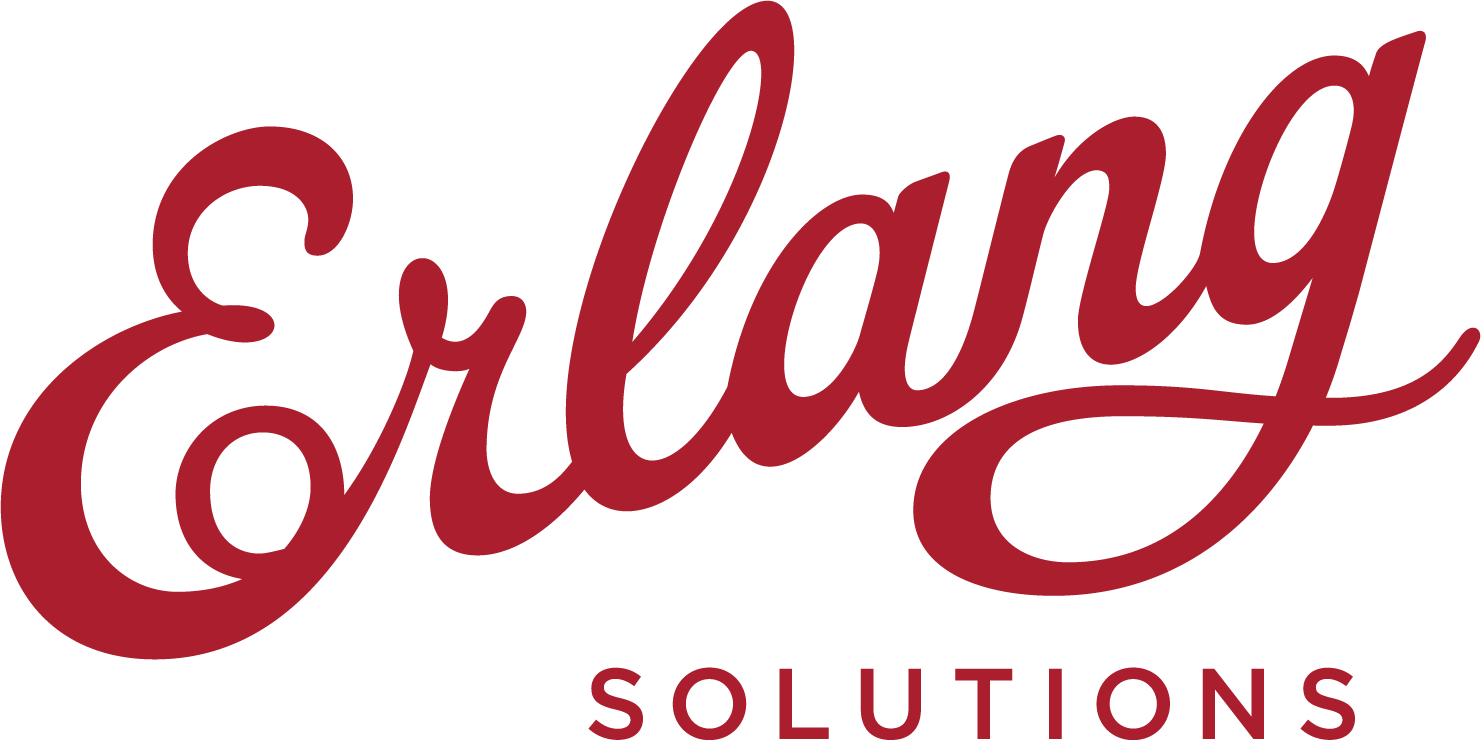12-06-2013, Wednesday
Room 4
12-06-2013, Wednesday
Room 2
12-06-2013, Wednesday
Room 1
12-06-2013, Wednesday
Room 3
13-06-2013, Thursday
Erlang and the BEAM VM,
host: Jesper Louis Andersen
In this track, you will learn from the leading experts and Erlang committers about new language constructs, virtual machine implementations and powerful libraries. Esoteric VM implementations are presented, alongside improvements and enhancements to the existing VM. You will learn how many of its features work and how to best use them to write fast and efficient code. You will also get a chance to learn how Erlang features fit into larger systems taking its unique features into account. If linear scalability on multi-core architectures is your thing, this is the track you will want to attend.
13-06-2013, Thursday
Cool Tools and Gadgets,
host: Torben Hoffmann
The Tools and Gadgets Track explores the latest tools and library applications for Erlang Developers, Testers and Operations engineers. Talks cover research and hobby projects, proof of concepts and production-ready tools and appliances used during development, testing, deployments and monitoring of Erlang systems.
13-06-2013, Thursday
The Internet of Things,
host: Ram C Singh
Ericsson has the vision of more than 50 billion connected devices by 2020. This will see profound changes in the way people, businesses and society interact, requiring a new approach to infrastructure and device management. This track looks at how Erlang enables and powers a connected society, from its devices to the networks that connects them together.
13-06-2013, Thursday
Scalable Fault-Tolerant Architectures,
host: Jan Henry Nyström
As Erlang's popularity grows, it keeps breaking into new niches and adopted companies not previously associated with the language. In this track we get to listen to the experiences of users better known for their association with other technologies rather than Erlang, looking at architectures and benefits of the language.
14-06-2013, Friday
Cool Tools and Gadgets,
host: Richard Carlsson
The Tools and Gadgets Track explores the latest tools and library applications for Erlang Developers, Testers and Operations engineers. Talks cover research and hobby projects, proof of concepts and production-ready tools and appliances used during development, testing, deployments and monitoring of Erlang systems.The Tools and Gadgets Track explores the latest tools and library applications for Erlang Developers, Testers and Operations engineers. Talks cover research and hobby projects, proof of concepts and production-ready tools and appliances used during development, testing, deployments and monitoring of Erlang systems.
14-06-2013, Friday
Big Data, Big Databases and Next Generation Analytics,
host: Joel Jacobson
This track, explores the technical challenges of working with data sets that are too large for traditional tools. The reward for your efforts are new insights into concurrent distributed analytics of Big Data. This track takes you beyond map-reduce and combines new tools for cost-effective scalability and fault-tolerant analysis. Our speakers will discuss their experiences working with Big Data and offer guidance to help you be effective, as well.
14-06-2013, Friday
Agile and Test-Driven Development,
host: Lukas Larsson
Agile methodologies have proven their effectiveness on Erlang development and are transforming the software industry. Responding to the change and constant evolution of technologies, agile methods evolve and extend to give maximum focus on delivering high quality software. Erlang-based test automation has been used in commercial products - not least Erlang/OTP itself - for more than a decade, and research on Erlang and model checking has gone on for almost as long.
This track is designed to show real-world challenges on agile teams, share their success and failure stories. It covers test-driven development ranging from hands-on practical industrial experience to the latest news from the research front.
14-06-2013, Friday
Load Regulation and Back Pressure,
host: Mahesh Paolini-Subramanya
With multi-core architectures, gone are the days where stress testing your system ensuring a stable and predictable behaviour is enough. Speeds and throughput achieved on modern architectures result in the need to control both the inbound and outbound flow. This track looks at methods and techniques used to regulate load, manage queues and overcome physical limitations outside of the Erlang development environment. If you are worried about heavy loads resulting in I/O starvation or network saturation, or need to build a massively scalable system that behaves in a predictable way, this is the track for you.
















